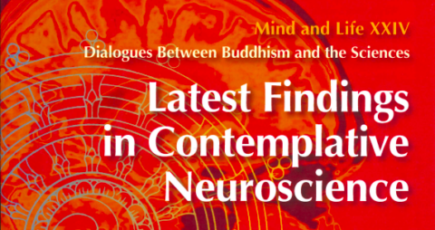
Dr. Britton earned a B.A. in Neuroscience from Colgate University in 1996 and a Ph.D. in Clinical Psychology from the University of Arizona in 2007. She is the recipient of two National Research Service Awards (NRSA) and a Career Development Award (CDA) from the National Institutes of Health (NIH). She is currently the Director of Brown’s Clinical and Affective Neuroscience Laboratory which investigates the psychophysiological (EEG, EMG, EKG) and neurocognitive effects of cognitive training and mindfulness-based interventions for mood and anxiety disorders. Research questions investigate which cognitive training practices are best or worst suited for which types of conditions and why, moderators of treatment outcome, practice-specific effects, and adverse effects. She is currently PI of 2 NIH-funded studies “Dismantling Mindfulness” which compares the effects of three different types of meditation training programs on pre-frontal cortex functioning in depression; and a collaborative infrastructure grant (UH2) entitled “Mindfulness Influences on Self-Regulation”. An interdisciplinary qualitative study entitled “The Varieties of Contemplative Experience,” is investigating under-reported and potentially challenging, distressing or impairing meditation-related effects. Dr. Britton offers meditation safety and trauma-informed mindfulness “First Do No Harm” trainings to mindfulness organizations, clinicians and educators and provides support services to individuals who are experiencing meditation-related difficulties.
As a clinician, she has been trained as an instructor in Mindfulness-Based Stress Reduction (MBSR) and Mindfulness-based Cognitive Therapy (MBCT), and has taught mindfulness to both clinical and non-clinical populations, and in federally-funded clinical trials.







